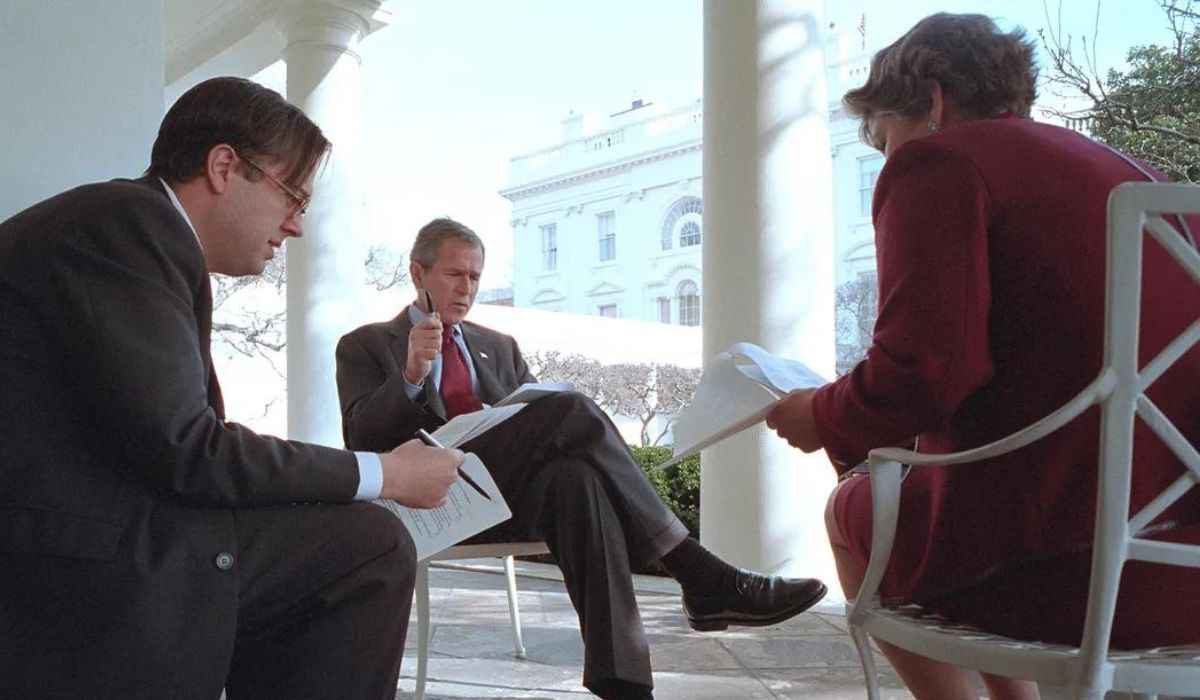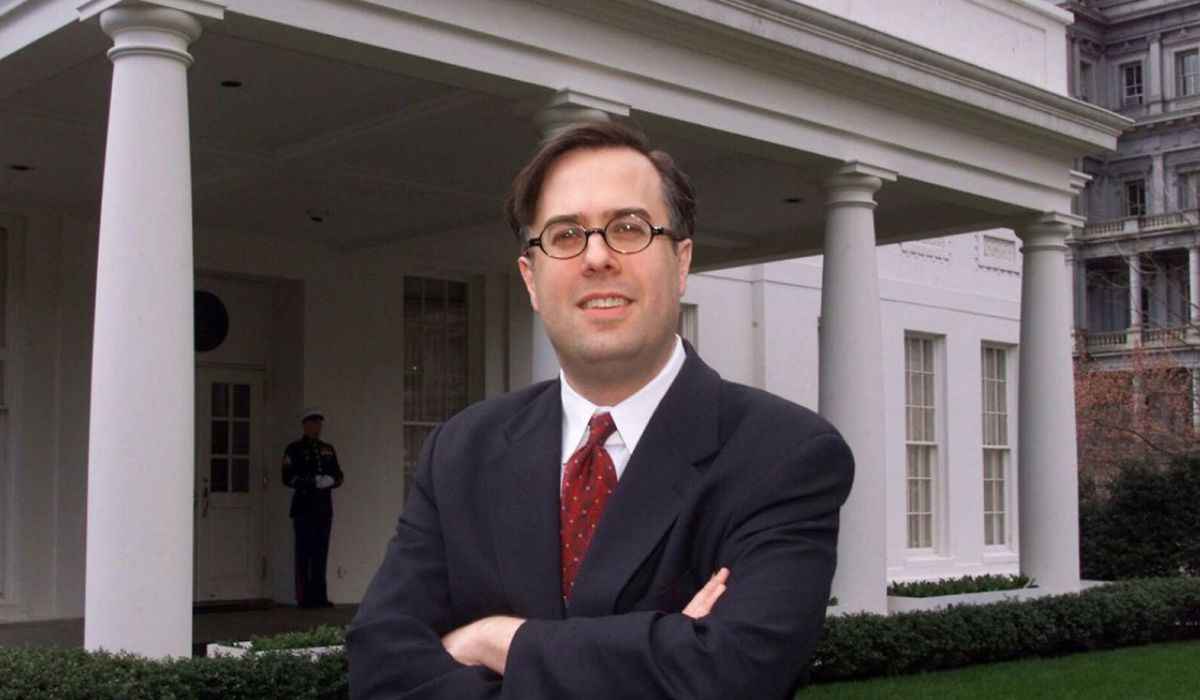Leaving behind a montage of iconic works he prepared for The Washington Post, Michael Gerson passed away at the age of 58. He served as a chief speechwriter to George W. Bush and was also one of his closest advisers who was behind the president’s signature addresses. Gerson also influenced the president’s domestic and foreign policies. Later, he turned out to be a sharp critic of the popular Trump administration.
Michael Gerson Cause Of Death
Gerson’s former colleague Peter Wehner announced that the death was caused by kidney cancer. Just like President Bush, Gerson was also a believer who had a strong faith in his Christianity. The two were practically the same with similar ethics, morality as well as thinking.

Certain things in which Gerson stood odd from Mr. Bush was that he was cerebral, fidgety, and reserved, whereas the latter was relaxed, folksy, and outgoing. While Mr. Bush used to convey his message through the usage of different decorative words, Gerson used plain language with religious references.
Gerson accompanied Mr. Bush since his first presidential campaign in 1999. Even today, there were certain speeches delivered by Mr. Bush that are heavily celebrated, like his 2000’s denunciation, but the original master brain behind the thought and the inventive lines were none other than Gerson.
When a second speechwriter David Frum developed the phrase ‘axis of hatred,’ Gerson chimed in and tweaked it to a more memorable version ‘axis of evil.“
Gerson was also a policy adviser for which he was heavily compared to John F. Kennedy’s close confidant Theodore C. Sorensen. Until the 20221 terror attacks, Gerson was more inclined toward faith-based initiatives and education. But after the attack, he began to focus more on foreign policies as well as medical and economic assistance.
Back in Dec. 2004, Gerson was diagnosed with a mild heart attack, but without further ado, he returned to work in just two weeks as he was assigned to prepare a second inaugural address for Mr. Bush. But eventually, he decided to slow down. Although he managed to contribute his maximum to the speeches, he changed his position from the White House to the plum spot next to the Oval Office.
Two years later, he bid bye to the White House and was named the twice-weekly columnist for The Washington Post. he mainly used his column to empower the non-Trumpers and to denounce those existing in the party who he believed were far away from the moral standard.
In June, he dubbed Representative Kevin McCarthy as a political figure who was the most “unprincipled,” “pathetic,” and “contemptible.” But despite being a Republican, his views were often a mixture of both left and right.
Micheal J. Gerson was born in Belmar, N.J on May 15, 1964, to Michael Fred Gersson, a dairy scientist and a Republican, and Betty Gerson, an artist and a Kennedy Democrat After Gerson turned 10, his entire family moved to St. Louis.

After being The White House speechwriter, Gerson often used to enlist Harry S. Truman, Franklin D. Roosevelt, and Woodrow Wilson, all Democrats, as the ideal presidents. But still, he chose to be a Republican, and he began campaigning for Ronald Reagan’s re-election in 1984.
As far as his education is concerned, Gerson attended Wheaton College and majored in biblical studies and philosophy after transferring from Georgetown University. Following his graduation, he went on to work for Charles Colson, the ex-advisor of President Richard M. Nixon, and then started to serve Senator Dan Coats, a Republican.
It was in Senator Coats’ office that he initially began to strike ideas regarding compassionate conservatism and domestic policy ideas which were entirely directed to help poor minorities with the help of religious organizations.
During the 1996 presidential campaign, Gerson prepared for both Senator Bob Dole and his running mate Jack Kemp. Shortly after, he stepped into the field of journalism and was hired by the US News & World Report, particular;y to cover political topics.
Before the Bush campaign found him, he was working as a journalist at the reputed channel. Reportedly, Mr. Bush interviewed Gerson merely for an hour before handing over the position of speechwriter.
Almost instantly, Gerson brought up a unique style by adding elements to reflect the discipline to the President’s prevailing shambolic style of speaking. He provided the words and polished the entire content that Mr. Bush used to delivered so far, eventually building a strong connection with the President.
Also Check:

